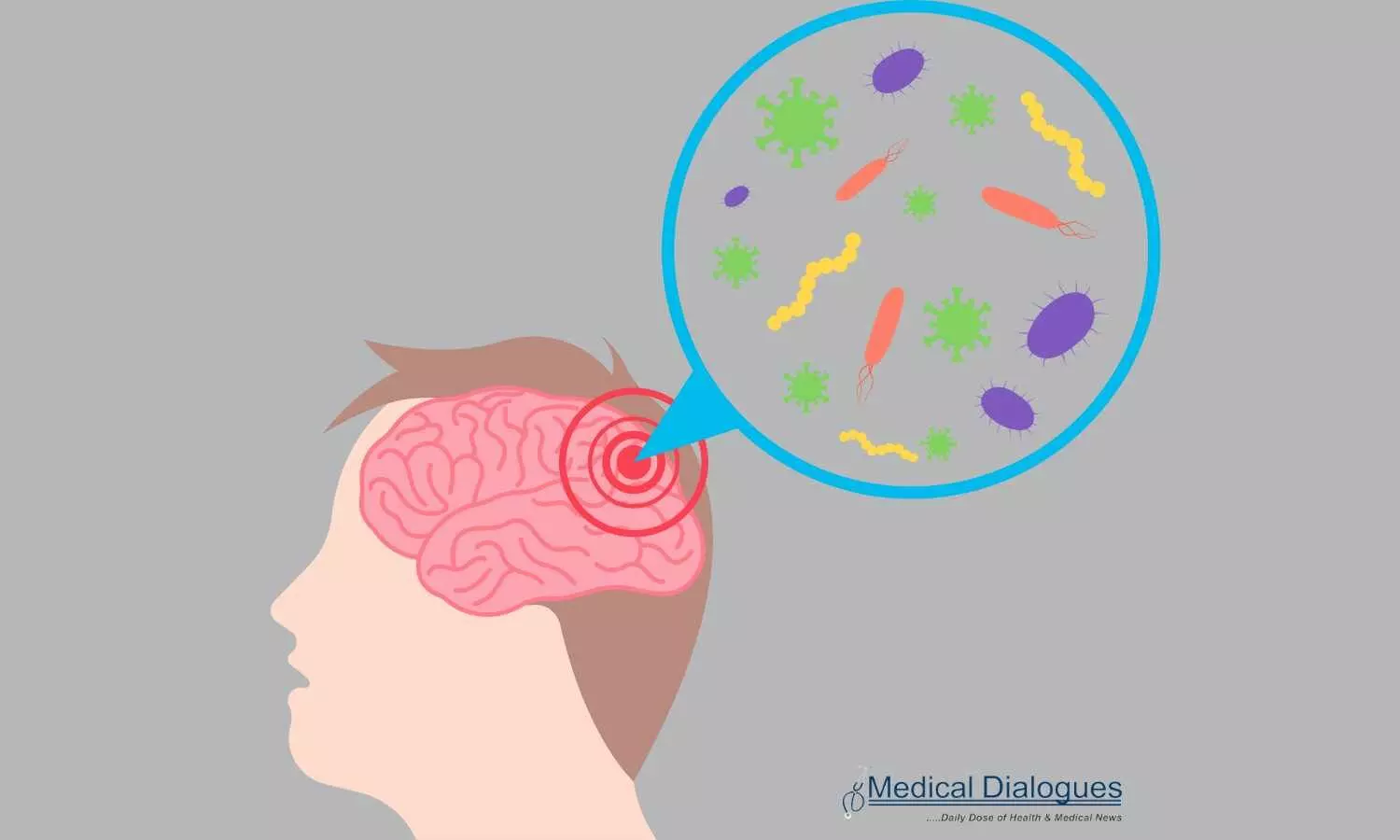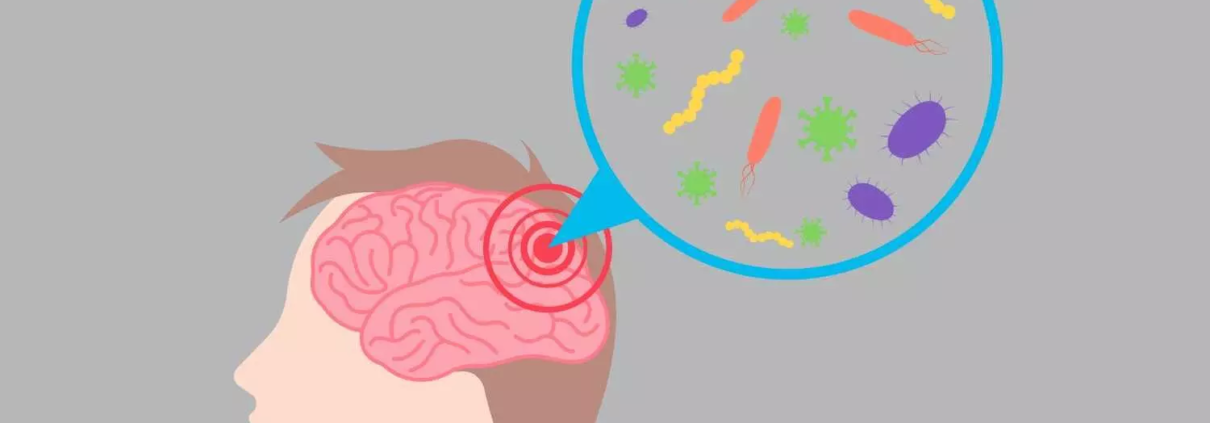Kerala battles amoebic brain fever with new research initiative

Kerala: In a pioneering effort to tackle amoebic meningoencephalitis, also known as amoebic brain fever, Kerala has launched a comprehensive research initiative, marking India’s first coordinated approach to combat the disease.
According to the PTI report, as the initial step, a technical workshop was organised by the Kerala Health Department here, with the participation of experts from the state and institutions such as the Indian Council of Medical Research (ICMR), Indian Association of Virology (IAV), Pondicherry EV Institute, Indian Institute of Science, and Pollution Control Board.
Also Read:Kerala Govt to release special guidelines for amoebic meningoencephalitis
“This will be the first such effort at the global level. When a cluster was formed in Thiruvananthapuram, we were able to detect the first case and subsequently identify other infected individuals. All of them are recovering,” the minister said.
George said the Health Department has decided to find out why cases are increasing in the state.
“Based on this, we have decided to launch research activities in collaboration with expert organisations like ICMR and the Indian Institute of Science,” the minister said, news agency PTI reported.
In an official statement, the Health Department said the participants in the workshop praised Kerala’s efforts.
According to their evaluation, the state’s excellent measures were able to detect very rare diseases like amoebic meningoencephalitis early and save a few people from a disease with a mortality rate of 97 per cent.
The team extended full support to Kerala’s efforts to prevent amoebic meningoencephalitis.
Globally, only 11 people have recovered from amoebic meningoencephalitis. In 2024, Kerala reported 19 cases, with five fatalities.
“Kerala has managed to increase the recovery rate. So far, four people in the state have recovered. All those who contracted the disease in Kerala had contact with contaminated water, either directly or indirectly,” the statement said.
To determine why only some people who used the same water source contracted the disease, a case-control study will be conducted with the help of ICMR and the National Institute of Epidemiology, it said.
The statement also said the Environment Engineering Department of Kerala University and the Pollution Control Board jointly presented a detailed study report on the biological and non-biological factors that aid the growth of amoeba.
“It was decided to assess such conditions in Kerala’s water bodies. Through this, a detailed study will be conducted on the biological and non-biological factors that aid the growth of amoeba, and an action plan will be formulated based on a unified approach,” the release added.



